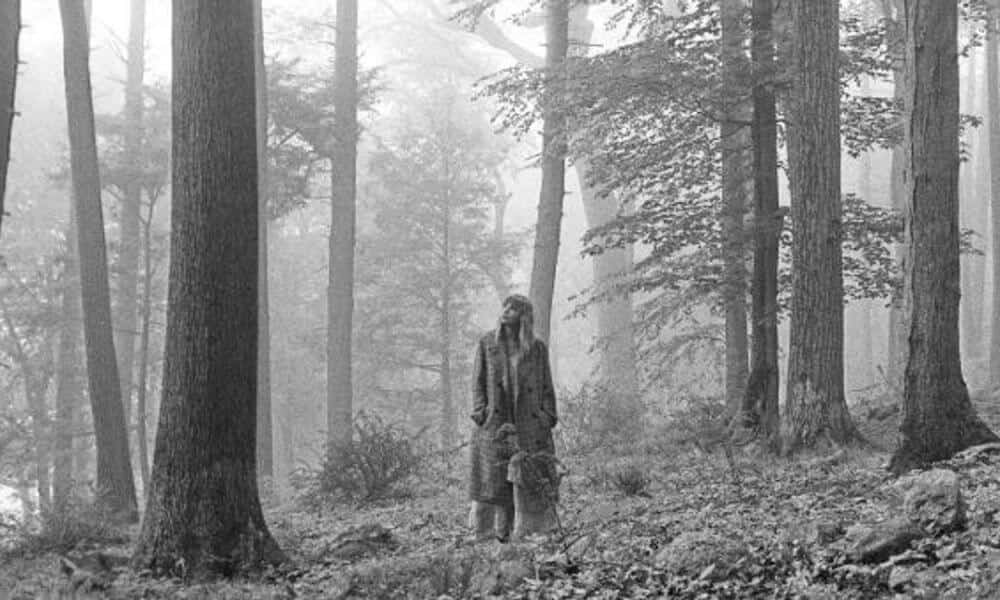Album Review: Taylor Swift – Folklore
12th December 2020
Copyright: Republic
Taylor Swift has some good songs. There, I said it. This may surprise those that know me, who fear the moments I hold possession of the AUX cable. My exclusive taste in music shouldn’t extend to folk pop like Folklore, but I can’t say I wasn’t interested in this release. I wasn’t expecting a miracle, more I was expecting something on the level of Red, which was amicable and decent, with a few good singles lining a foundation for Swift to build relatively solid filler on. Another introspective breakup album, the hour running time and behemoth sixteen songs may put off the average listener. Even I was wary, and I’m one of those people who secretly enjoys I Knew You Were Trouble. There. I admitted it. Move on.
Folklore opens well enough with the 1, a somewhat touching intro that sets the tone for the album. It’s an album tackling a multitude of woes and wounds, looking to strip away the rather dense idea that Swift can sing of nothing but boyfriends and arguments. Gone are the chirpy pop songs of old, and I appreciate the acoustic, stripped-back approach Folklore takes. It allows the artist at the heart of it to get down to the basics, providing solid music without all the bells and whistles of bombastic production. A gentle album, but the force within the lyrics is far from understated, with this is me trying using those harsh, long synth notes with a steady drum beat to radically pull the sound away from anything she’s made before. But, if like the song says, this is her trying, then it’s worrying that her best offering is an amicable album.
This album will be good for the people it appeals and connects to. It misses the mark with me, and I think that’s best encapsulated in cardigan. Lyrics about Levi’s and sequin, heels on cobblestone, and dancing under the bittersweet light of a street lamp. All very romanticised viewings of how nights out used to be, but the images cardigan conjures up aren’t all that positive. Still, Swift has far stronger lyrics elsewhere, with mirrorball being a clear highlight and a jab at her critics. Much of the album leaps from sickly sweet to harsh words that do nothing but try and separate Swift from the image she cultivated during her previous albums.
No doubt this album is the strongest in Swift’s repertoire. Not just musically and narratively, but lyrically. She takes a couple of risks that are outside of the usual cliché shtick people pair her with. Folklore rises and falls frequently, the high points are worth listening to, but the low moments are harsh and painful. Melodic music far removed from the pop direction of Red, Swift showcases growth as an artist with this one, and it’s a rather resounding accomplishment, even if I didn’t click with all of it. There’s no song that really stands above the rest defiantly, Swift has crafted a setlist that will break no boundaries nor accept any criticisms from her previous albums. It’s an album that makes a great swathe of changes to the style and sound of the artist at heart, but still comes up a tad short.
![]()


